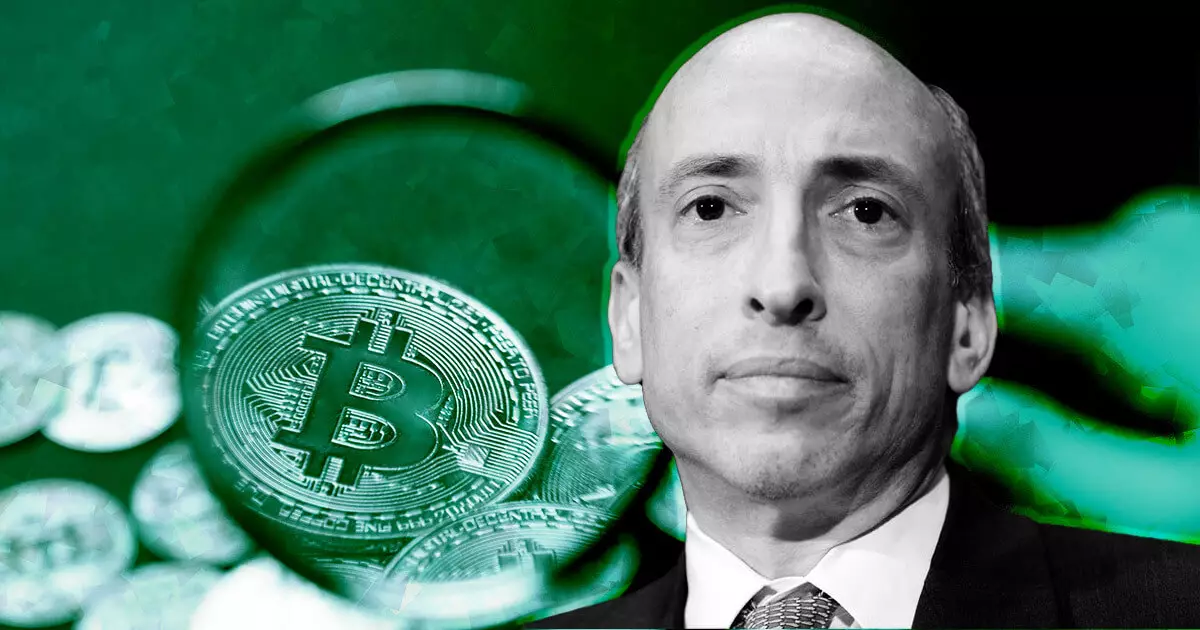During the Piper Sandler Global Exchange & Fintech Conference on June 8, SEC Chair Gary Gensler spoke extensively about the ongoing regulatory issues surrounding the cryptocurrency industry. He argued that the crypto community’s assistance on “regulatory clarity” lacks merit and defended his agency’s enforcement actions.
Gensler emphasized that he has been straightforward in his approach, rejecting the notion that existing securities laws are inadequate to govern digital assets. According to him, Congress’s purpose in enacting the securities laws was to regulate investments, in whatever form they are made and by whatever name they are called.
In his speech, Gensler cited Justice Thurgood Marshall’s decision in the Supreme Court case of Reves and stated that Congress included a long list of 30-plus items in the definition of a security, including the term ‘investment contract.’ He also mentioned the Supreme Court’s flexibility in the definition of a security in SEC v. W.J. Howey Co. and said that “It embodies a flexible, rather than a static, principle, one that is capable of adaptation to meet the countless and variable schemes devised by those who seek the use of the money of others on the promise of profits.”
Gensler countered arguments that securities law from the 1930s could not encapsulate blockchain technology and said that regardless of the ledger being used, the economic realities of the investment matter when investors put their money at risk.
The SEC chair emphasized that the language used to label an investment contract does not alter what it fundamentally is. He said, “Across decades of cases, the Supreme Court has made clear that the economic realities of a product—not the labels—determine whether it is a security under the securities laws.”
Gensler also cautioned against the disingenuous tactics employed by some crypto market participants regarding claims of “fair notice.” He stated that when crypto asset market participants go on Twitter or TV and say they lacked “fair notice” that their conduct could be illegal, they may have made a calculated economic decision to take the risk of enforcement as the cost of doing business.
However, the SEC chair allowed room in his speech for a crypto sector that complies with U.S. law and argued against the idea that compliance was “not possible” under existing rules. According to him, crypto intermediary compliance is possible, and it takes work. He said that it’s not just a matter of “paying lip service to [the] desire to comply with applicable laws” or seeking a bunch of meetings with the SEC during which you’re unwilling to make the changes needed to comply with the securities laws.
Gensler highlighted the importance of regulatory clarity in the cryptocurrency industry. He argued that the economic realities of a product determine whether it is a security under the securities laws, and the language used to label an investment contract does not alter what it fundamentally is. He also cautioned against the disingenuous tactics employed by some crypto market participants and allowed room for a crypto sector that complies with U.S. law.

